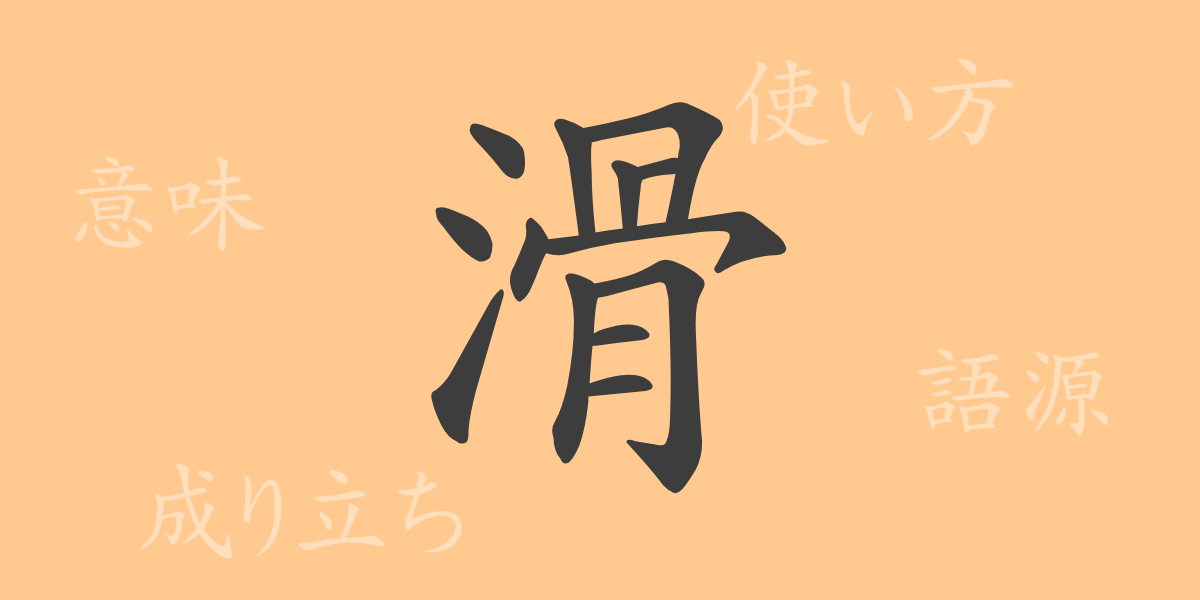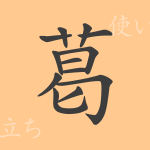Imagine gliding on a sheet of ice, your feet unstable, struggling to maintain balance. This precarious state is captured by the kanji character “滑” (suberu). “滑” (suberu), a familiar kanji in Japanese usage, is employed in various contexts, from sports like skating and skiing to describing people’s actions and conversations. This article will delve deep into the origins, meanings, and usages of “滑” (suberu), as well as its appearance in idioms and proverbs.
The Origins of 滑 (Suberu)
The character “滑” (suberu) originated from an ancient Chinese pictograph that depicted the smooth flow of water. It is believed to represent a foot gliding over the surface of flowing water. Over time, this kanji has come to signify not only the smooth progression of things but also the action of objects slipping or sliding.
The Meaning and Usage of 滑 (Suberu)
“滑” (suberu) primarily means “to move smoothly” or “to slip”. This is applicable to physical movement as well as metaphorical expressions. For example, it can refer to a smooth way of speaking or a plan progressing without a hitch. Conversely, it can also carry a negative connotation, such as “to fail” or “to not go well”.
Readings, Stroke Count, and Radical of 滑 (Suberu)
Understanding the readings and structure of the kanji “滑” (suberu) can lead to a deeper comprehension of its use.
- Readings: The on’yomi (Sino-Japanese reading) is “katsu”, while the kun’yomi (native Japanese reading) includes “sube-ru” and “name-raka”, among others.
- Stroke Count: 13 strokes
- Radical: 水 (sanzui) – water
Idioms, Phrases, and Proverbs Using 滑 (Suberu) and Their Meanings
There are many idioms, phrases, and proverbs that include “滑” (suberu) in the Japanese language. These expressions are commonly used in everyday conversation, literature, and business contexts.
- 滑稽 (kokkei) – Something that is funny and laughable.
- 滑走路 (kassouro) – A runway for airplanes to take off and land, named for the gliding movement.
- 口滑らか (kuchinameraka) – Describes someone who speaks eloquently and persuasively.
- 滑り出し (suberidashi) – The beginning or start of something.
- 滑り止め (suberidome) – A tool or measure to prevent slipping.
Additionally, a proverb using “滑る” (suberu) is “滑るより立って死ね” (suberu yori tatte shine), which conveys the importance of continuing to challenge oneself without fear of failure.
Summary on 滑 (Suberu)
The common kanji “滑” (suberu) enriches Japanese expression with its variety of shapes and meanings. It has been used for a wide range of purposes, from describing physical movements to abstract concepts related to human behavior and speech. Understanding and using this kanji appropriately allows for more precise and expressive communication.

























